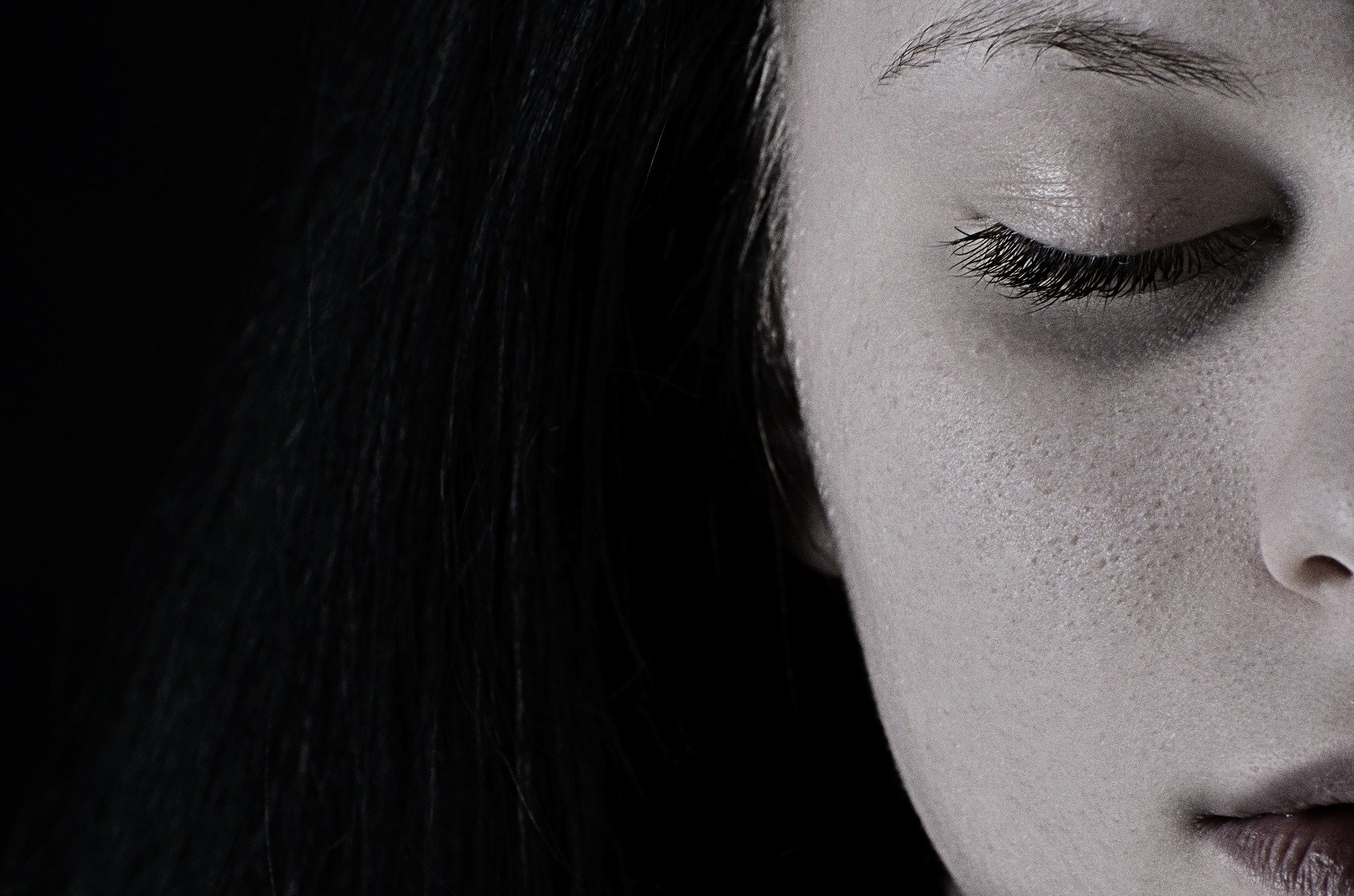Biases in affective attention tasks in posttraumatic stress disorder patients: A systematic review of neuroimaging studies
Authors:
Lorena T. L. Guerra, Juliana M. Rocha, Flávia de L. Osório, José Carlos Bouso, Jaime E. C. Hallak, and Rafael G. dos Santos.
Journal:
Biological Psychology
Year:
2023
About the study
This study focuses on the comparison between PTSD (Post-Traumatic Stress Disorder) patients and control groups in relation to affective attention tasks. It suggests that when aiming to understand how trauma alters brain functioning in PTSD, it is important to compare PTSD patients to individuals who have not been exposed to trauma.
PTSD groups show distinct brain activity, especially when exposed to trauma-related stimuli and more cognitively demanding trials. Both healthy controls (HC) and PTSD groups exhibited a decrease in ACC (Anterior Cingulate Cortex) activity when responding to affective stimuli; however, the reduction was more pronounced in the PTSD group.
Some studies found enhanced activation in ventromedial and dorsolateral portions of the ACC and the anterior insular cortex in the PTSD group when responding to trauma-related and negative stimuli.
Abstract
Introduction: Posttraumatic stress disorder (PTSD) is characterized by alterations in emotional and cognitive processing. The current neurobiological model of PTSD posits that amygdala and prefrontal cortex functioning impairment underpins symptoms, such as altered emotional and cognitive processing. Additionally, these structures are key components of emotional and attention regulation.
Aim: This review sought to evaluate studies comparing PTSD group to non-PTSD controls performance in affective attention tasks during neuroimaging.
Results: PTSD group behavioral performance when responding to affective stimuli differed from controls only in stroop-based tasks. However, neuroimaging techniques were able to identify brain activation differences even when behavioral differences were not present. Amygdala hyperactivation in PTSD patients was confirmed in most cases, but cortical networks results were not as consistent. More than a general reduction in activity, PTSD group data points out to impaired recruitment of ventral cortical structures and increased reliance on dorsal cortical structures during task performance.
Conclusion: Stroop-based tasks seem to be better at identifying differences in behavioral performance of PTSD individuals. PTSD individuals seems to present an altered brain activation pattern in affective attention tasks when compared to controls, where PTSD individuals seem to present enhanced amygdala activation and rely more on dorsal anterior cingulate cortex and posterior insula activation during tasks. The PROSPERO ID for this study is CRD42022355471.
Photo by Wikimedia Commons.
Categories:
Studies & papers
, Others
Tags:
scientific research
, study
, mental health
, brain
, PTSD

